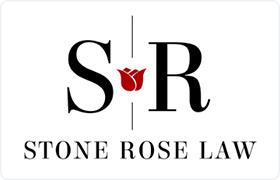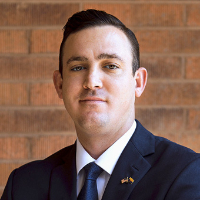Crown King Misdemeanor Lawyer, Arizona
Sponsored Law Firm
-
 x
x

Click For More Info:
-
Stone Rose Law
8010 E McDowell Road Suite 105 Scottsdale, AZ 85257» view mapCriminal Defense High-Quality & Affordable Representation
If you have been charged with a crime, you need experienced representation from a Phoenix criminal lawyer at Stone Rose Law.
800-964-0510
Not enough matches for Crown King Misdemeanor lawyer.
Below are all Crown King Criminal lawyers.
Lisa Marie Simpson
Dispute Resolution, Juvenile Law, Bankruptcy, Animal Bite
Status: In Good Standing
Virginia Ann Jacobson
Trusts, Family Law, Divorce & Family Law, Criminal
Status: In Good Standing Licensed: 29 Years
Linda L Pilcher
Juvenile Law, Other, Family Law, Criminal
Status: In Good Standing Licensed: 35 Years
Linda L Pilcher
Juvenile Law, Other, Family Law, Criminal
Status: In Good Standing Licensed: 35 Years
Kathy Casteel Field
Juvenile Law, Criminal, State Government
Status: In Good Standing Licensed: 42 Years
Kennedy C A Klagge
Military & Veterans Appeals, Other, Federal Appellate Practice, Criminal
Status: In Good Standing Licensed: 21 Years
 Steven Scharboneau Scottsdale, AZ
Steven Scharboneau Scottsdale, AZ Practice AreasExpertise
Practice AreasExpertise
